
High-Precision Contactless Stereo Acoustic Monitoring in Polysomnographic Studies of Children.
High-Precision Acoustic Monitoring in Pediatric Sleep Studies: 91.16% Accuracy with Deep Learning 🎧📊
Discover the newest research about AI innovations in 💤 Sleep.

High-Precision Acoustic Monitoring in Pediatric Sleep Studies: 91.16% Accuracy with Deep Learning 🎧📊

Passive sensing & ML enhance mental health monitoring. 42 studies show 92.16% accuracy in anxiety detection. 📊🧠
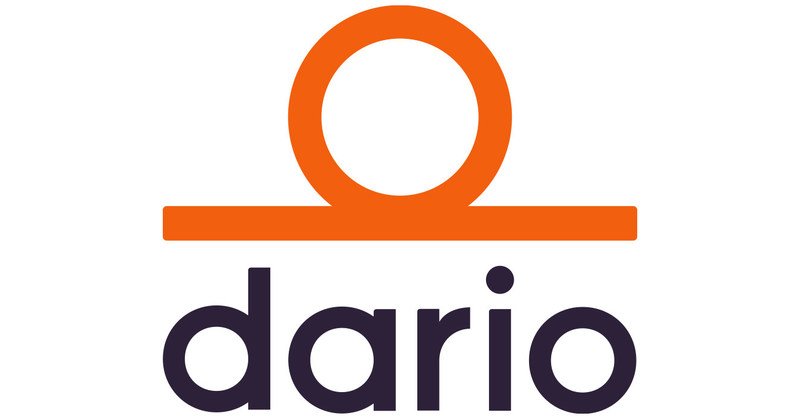
DarioHealth partners with GreenKey Health to improve sleep health solutions. The collaboration focuses on obstructive sleep apnea management. 💤🤝
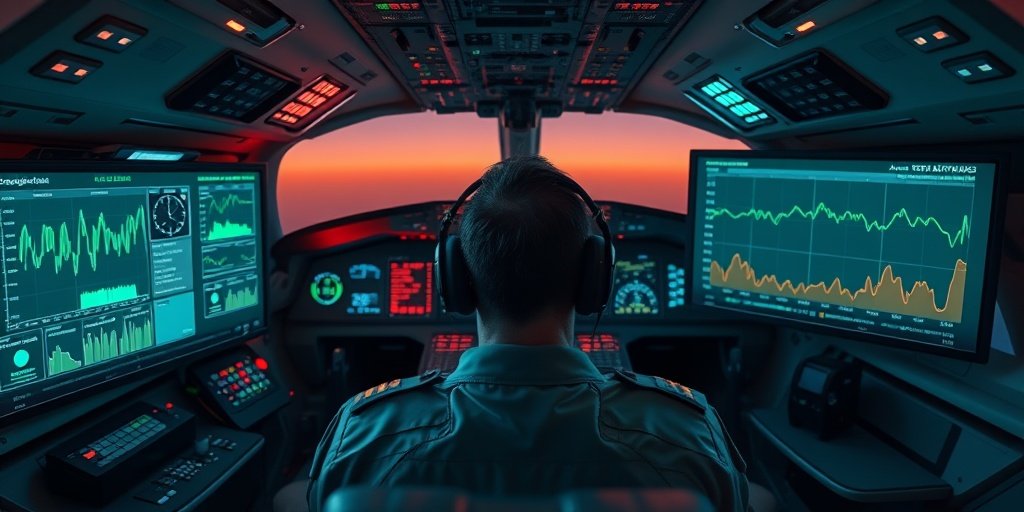
Sleep deprivation severely impacts attention and emotional regulation in pilots. 3 hours of sleep aids recovery; 8 hours needed for full attention restoration. 💤✈️
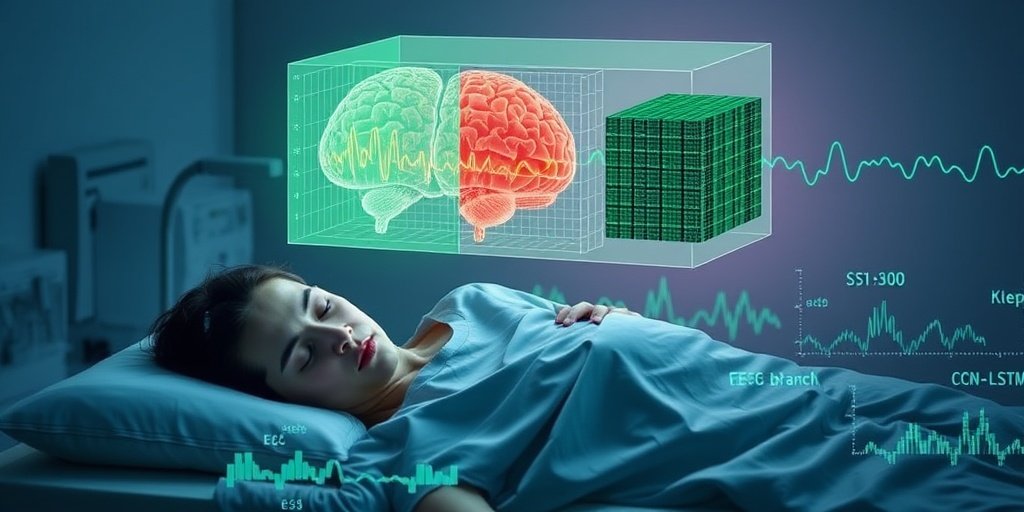
Revolutionary SSC-SleepNet enhances N1 sleep detection in EEG, achieving F1-scores up to 60.2%! 💤📊
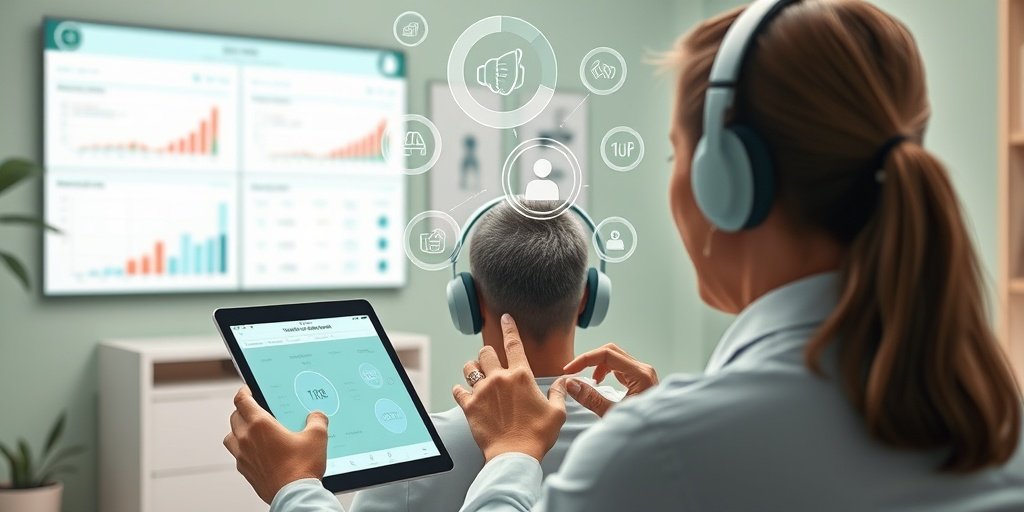
Tinnitus risk factors identified: hearing health, mood, neuroticism, and sleep. Predictive model shows 78% accuracy! 📊🔍

Innovations in orthognathic surgery enhance precision and outcomes. Key advancements include AI, 3D imaging, and virtual planning. 🦷✨

Exploring subthalamic nucleus activity reveals 94% accuracy in classifying sleep stages, aiding sleep disorder therapies. 🧠💤
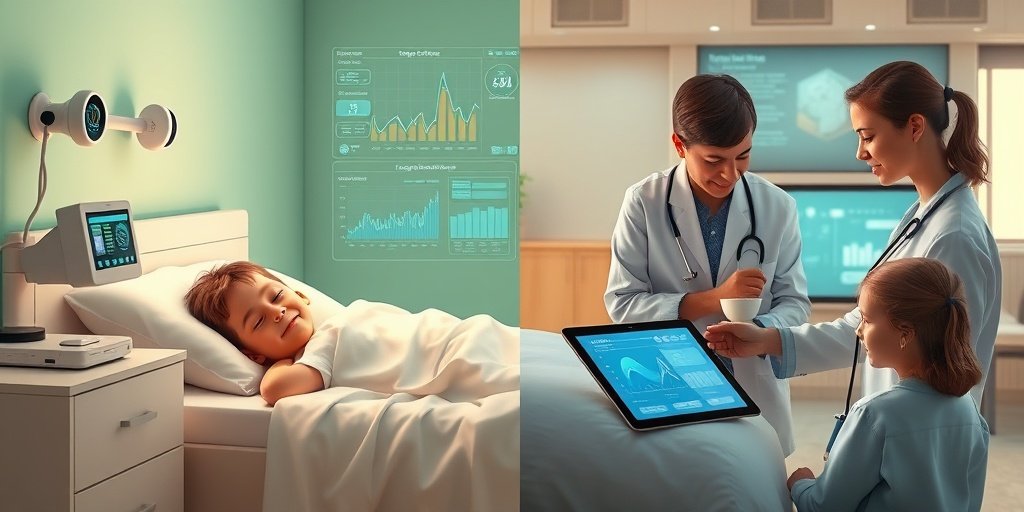
Paediatric sleep medicine is evolving. 🌙 Key topics include climate impact, education, and technology’s role in improving children’s sleep. 💤
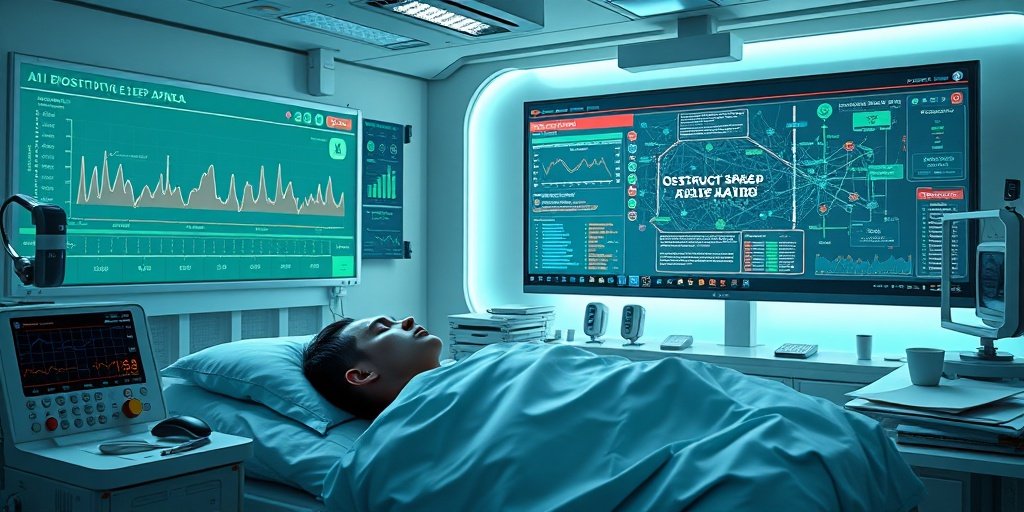
AI is transforming obstructive sleep apnea research. 📈 Key trends include deep learning and personalized treatment. 💤